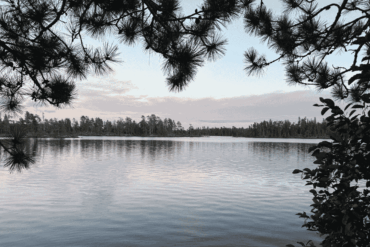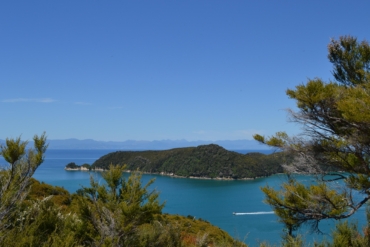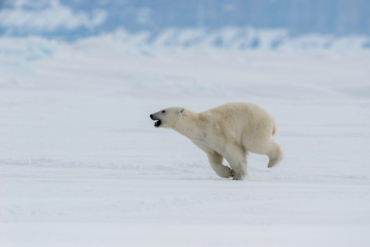On Monday, August 30, the U.S. Fish and Wildlife Service extended fishing and hunting access across 88 national wildlife refuges and one national fish hatchery.
The final, 224-page regulation, published to the Federal Register on Tuesday, implicates 2.1 million acres of nationally managed public lands. High on the Biden administration’s list of domestic objectives are wildlife refuge protections, public lands and waters conservation, and economic stimulation.
According to the U.S. Fish and Wildlife Service (FWS), the expansion — and the regulations that come with it — will play key roles in accomplishing those objectives.
Here’s how that could work.
Expansion Objectives
The rule opens or expands hunting and sport fishing access at 88 National Wildlife Refuges (NWRs) peppered across the United States, and one national fish hatchery in Maine.
[T]he U.S. Fish and Wildlife Service (Service) has opened new or expanded hunting and sport fishing opportunities across 2.1 million acres, the largest expansion of outdoor recreation opportunities in recent history. — U.S. Fish and Wildlife Service press release
America the Beautiful Conservation Initiative
The administration’s America the Beautiful initiative aims to conserve, connect, and restore 30% of natural lands and waters by 2030. Much of the initiative’s design depends on locally managed conservation efforts.
To be adaptive and successful, those efforts need leadership that’s keyed into the unique needs of their communities and ecosystems. It’s a role championed by various NWRs over the years.
The rule also aims to cut down on inconsistencies between state regulations and federal refuge regulations. Unifying policies for all refuges within a state can make them more apparent and easier to follow, and that includes conservation-based policies.
“Hunters and anglers are some of our most ardent conservationists and they play an important role in ensuring the future of diverse and healthy wildlife population,” said Service Principal Deputy Director Martha Williams.
Economic Drivers
According to a 5-year survey conducted by FWS in 2016, communities nationwide tied an aggregate $156 billion of economic flow to outdoor recreation and sportsmen activities. Given the mass influx and earnings reported in the sector since mid-2020, one can only imagine that the 2021 survey will reveal recent economic activity far beyond the 2016 survey estimate of $156 billion.
The same survey shows that “more than 101 million Americans — 40 percent of the U.S. population age 16 and older — pursue wildlife-related recreation, including hunting and fishing” — another set of figures that have likely shot up in the past year.
“Responsible hunting and fishing helps to promote healthy wildlife habitats while boosting local recreation economies,” said DOI secretary Deb Haaland on Monday.
Recreational Scope and Restrictions

Prior to the passage of Monday’s rule, 81 NWRs were partially open to hunting and sport fishing access. Seven of the 88 implicated refuges and the Green Lake national fish hatchery did not previously allow for any sportsmen opportunities, which the FWS defines as “one species on one field station.”
According to the FWS’s official statement, the rule opens or expands a total of 910 new opportunities for fishing and hunting. The expansion increases the total number of NWRs with open hunting access to 434; a total of 378 now have open fishing access. The addition of Green Lake nation fish hatchery brings the total number of fishable fish hatchery systems to 22.
“Today’s announcement furthers a rich tradition of providing quality outdoor recreation experiences to the American people on our public lands,” said FWS official Martha Williams. “By expanding these opportunities, we are enhancing the lives of millions of Americans while stimulating the national economy to which hunting and fishing contribute significantly.”
Additional Resources
For more information, including an updated list of NWRs and fish hatcheries open for hunting and fishing, check out these following resources, courtesy of the U.S. Fish and Wildlife Service:
- The official 2021-2022 Hunting and Sport Fishing Regulations
- List of every national wildlife refuge, hatchery, and corresponding rules for 2021-2022
- National Wildlife Refuge System









